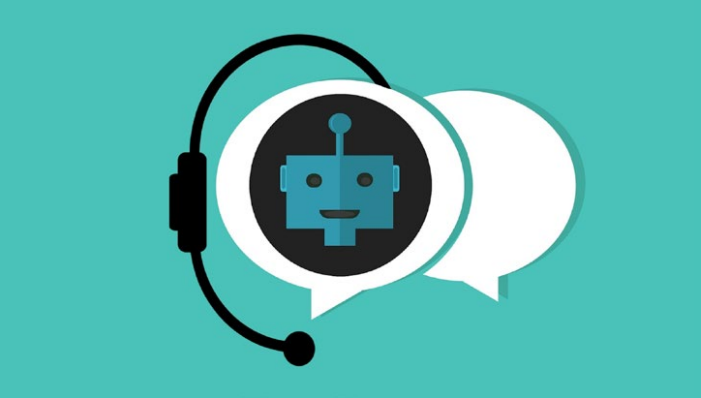ChatGPT issues: Regulations, policies and implications on fintech companies

Generative Pre-trained Transformer or ChatGPT as it is commonly referred to, is a chatbot launched by OpenAI, a company that develops Artificial Intelligence (AI) and natural language tools, in November 2022. ChatGPT is an AI chatbot that uses advanced natural language processing to engage in realistic conversations with humans. ChatGPT can generate articles, fictional stories, poems and even computer code. ChatGPT can also answer questions, engage in conversations and, in some cases, deliver detailed responses to highly specific questions and queries.
Opportunities
ChatGPT’s ability to generate realistic and easy-to-understand text could fundamentally change business. Among other things, it could help companies develop websites, reports, marketing materials, human resources handbooks and many other text-based assets. It could aid in tasks related to complex data analysis.
In addition, customer support and self-help could change drastically with systems that deliver accurate insights and fixes for problems, including support across multiple languages. AI chatbots could also aid law firms, medical professionals and many others.
As labor shortages accelerate and the need for automation grows, tools such as ChatGPT could help fill the gap. This would be particularly for more mundane tasks and content that doesn’t require a high level of creativity or insight. In many cases, AI chatbots could speed content creation but also help organizations achieve greater flexibility, including one-to-one content personalization.
Risks
Although ChatGPT has received mostly favorable reactions, the tool isn’t without issues and critics. In some cases, it generates simplistic, incorrect, disturbing and even shocking responses. It also sometimes flunks basic arithmetic problems. Worse, the system can be used to generate phishing emails free of errors. And it has produced content that is racist or sexist when users applied tricks to bypass the system’s filters.
For now, Open AI describes the ChatGPT platform as a tool designed to complement humans rather than replace them. For example, it cannot yet generate footnotes and, while its answers are often accurate and engaging, they sometimes don’t represent the complete picture and they aren’t always synced with the specific messaging that a marketing team or other business function might require.
Another concern revolves around the possibility that students will be able to generate high quality essays and reports without actually researching or writing them. An additional concern is that the technology could lead to the end of many jobs, particularly in fields such as journalism, scriptwriting, software development, technical support and customer service. The AI platform could also deliver a more sophisticated framework for web searches, potentially displacing search engines like Google and Bing.
How to regulate ChatGPT
Regulators should approach the regulation of AI systems in a thoughtful and measured way. It is important to recognize the potential benefits that AI can bring in terms of improving efficiency, accuracy and decision-making, as well as the potential risks and challenges that it may pose.
As such, leaders should consider implementing regulations that balance the need to promote the use of AI with the need to protect the public and ensure that AI systems are used responsibly. This could include measures such as establishing clear standards and guidelines for the use of AI, providing oversight and accountability, and ensuring that there are adequate safeguards in place to prevent misuse or abuse of AI systems. Additionally, leaders should consider engaging with experts and stakeholders to ensure that any regulations are well-informed and effectiv

